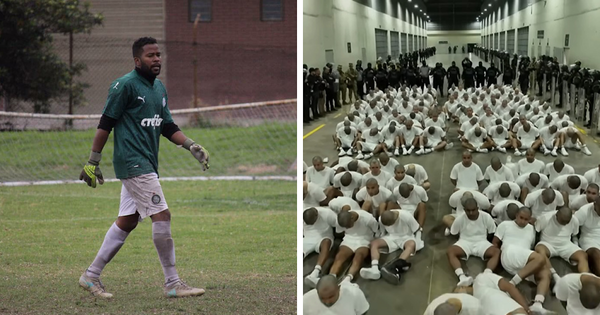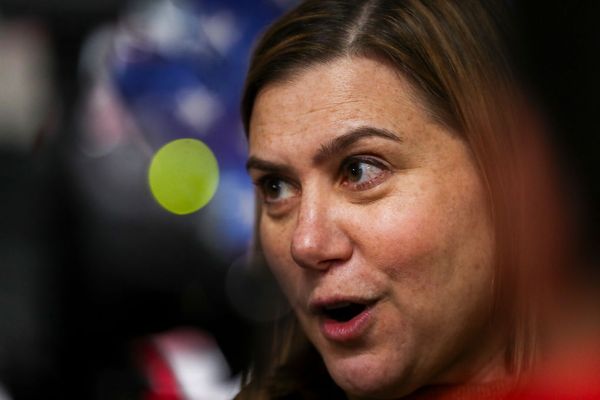Green waste collections will nearly double in price, street lights will be dimmed and staffed library hours reduced under South Gloucestershire Council plans to plug a £29.3million shortfall. The authority has revealed dozens of proposed measures, including cuts to frontline services and redundancies, to balance its 2023/24 budget.
A “perfect storm” of soaring costs, rocketing inflation and increased demand for services caused by the cost-of-living crisis have caused the dire financial situation just nine months after the council thought it had balanced its books for the next four years. Among the raft of planned savings are premiums on council tax bills for second and empty homes, fewer guided escorts for home-to-school transport, scrapping taxi marshals in night-time economy hotspots and higher fees and charges across the board.
A report to cabinet, which will consider the proposals on Monday, December 5, ahead of six weeks of public consultation, said: “This council has a historically strong track record of absorbing demand and inflationary growth through driving ongoing efficiencies. However, the current scale of challenge remains too great for this approach to be maintained and it has been necessary to identify service level reductions.
Read more: South Gloucestershire Council faces £29m gap amid cuts warning
“The council has sought to do this in the least disruptive and detrimental way possible.” The Government last month increased the maximum amount a local authority can increase council tax from two per cent to three per cent, with the adult social care levy portion of bills rising up to two per cent instead of one per cent.
No concrete proposal has yet been made but it means total charges could go up as much as five per cent rather than three per cent, raising an extra £3.4million in 2023/24 and £3.6million the following year. But the council admits that the biggest impacts of the cuts will be on residents, communities, service users and its workforce, with huge savings required even by deploying “significant” levels of reserves to bridge the gap.
The report said the garden waste service would rise from £30 to £55 a year from April 1 to recoup nearly £900,000 a year. It said: “Green bin collection charges have been frozen for a number of years and the cost of the service is not met by subscriptions.
“As housing growth continues it is important that the cost of expanding it is covered by those payments and this increase will bring the charges broadly into line with neighbouring authorities.” The council is planning to use new powers to levy a premium of up to 100 per cent on council tax bills for second homes, and for empty homes after one year as opposed to the current two years, bringing in £440,000 annually.
It would cut library staff hours but increase the use of the “open access” swipe-card system for users while keeping all branches open, as well as changing One Stop Shop opening hours to peak times only. New town and parish councils that the authority created in some areas recently would not receive money for Christmas lights and would have to find the cash themselves, like existing parished areas.
The report said: “We will reduce the illumination of street lights by 25 per cent after 11pm alongside capturing the benefits driven by our LED replacement programme in terms of repairs and maintenance.” That move alone will save £627,000 a year.
The inflationary increase for fees and charges across many services would rise from five per cent to nine per cent, while the price of placements at Alexandra Way Care Home would be reviewed. Street care teams who help keep neighbourhoods clean and tidy would be reduced.
The “preparing for adulthood” service, which supports young disabled people to live independently, would be reviewed with support going only to those in greatest need. Grants to museums will continue but other heritage sector funding to volunteers could be withdrawn, alongside cash awards nominated by councillors and area-wide grants to voluntary and community organisations who would be encouraged to apply for cash elsewhere.
The council’s biannual newsletter would cease, while cycle safety training would no longer be free. Other measures appear to hand over full responsibility of some duties to the police, including reviewing how the authority deals with reports of antisocial behaviour by “signposting” residents, cutting funding to the specialist victim support service and ending the taxi marshal service, which has proven difficult to reprocure once the existing contract ends.
Cuts totalling £400,000 could also be in the pipeline to the council tax reduction scheme for some of the area’s poorest residents, but this will be considered and consulted on next year. Council leader, Conservative Cllr Toby Savage, said: “As with organisations, businesses and households across the country, global pressures have caused our costs to increase substantially.
“We have no choice but to balance our budget, but we do have choices about how we achieve that because we are in a relatively stronger position than many other councils. Our priority remains to protect the most vulnerable people in our communities and the services that people need the most.
“That does mean that we will need to make some significant changes to the way we work and what we do in some service areas. A range of options are now being presented and in considering the right way forward, we are keen to hear from residents in South Gloucestershire about their priorities as we face some difficult decisions together.
“We can raise additional funding, through council tax and charging for some services, but this is limited. Each one per cent rise in council tax generates around £1.6million, which would help, but we need to balance that against the fact that individuals and families are also facing real pressure on their finances.”
Alongside the proposed cuts, the authority will change the way it delivers the same levels of some services for less cost through “efficiencies” and look to maximise income, including from government grants. But it says: “Some public-facing services may need to change, reduce or be stopped to focus resources on the highest priority areas and support the people with the greatest needs.”
The first phase of the budget consultation is still live here: www.southglos.gov.uk/budget and those completing the survey can submit an email to know when the second phase begins, from Tuesday, December 6. Full council will set the final budget in February.
Read next:
A4174 Bristol Ring Road through-about plan abandoned
Thousands of Bristol's poorest families could be forced to pay council tax for first time in years
Pupils at seven schools deprived of hot meals because of staffing crisis
POLITICS: To keep up to date with latest Bristol politics news, and discuss thoughts with other residents, join our Bristol politics news and discussion here. You can also sign up to our politics newsletter here .
Click here for the latest headlines from in and around Bristol.







